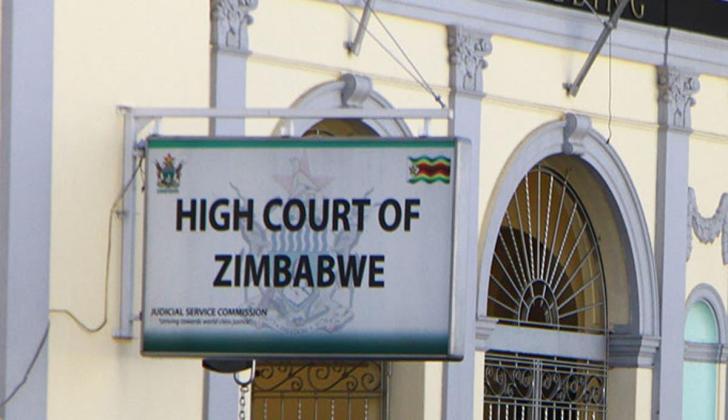News / National
Poor Grade 7 results are no basis for denying Form 1 places, says Court
3 hrs ago | Views

In a landmark decision, High Court Judge Justice Fatima Maxwell has declared the refusal by Harare High School to enroll students for Form 1 based on their Grade 7 examination results as unlawful.
The ruling was handed down in response to an urgent application filed by Mbare resident Chishamiso Muganhiri after the government-run school denied enrollment to his four children for failing to achieve the required 12 units or below in their final Grade 7 exams.
Justice Maxwell issued a provisional order compelling Harare High School in Mbare to enroll the children, emphasizing that their right to education must be upheld.
Muganhiri, represented by lawyer Desire Chiromo from Mapaya and Partners, filed the urgent application on December 17, 2024. The case named the Harare High School headmistress, the Mbare-Hatfield district schools inspector, and the Minister of Primary and Secondary Education as respondents.
The court ruled in favor of Muganhiri, and by January 10, 2025, his children had been enrolled at the school in compliance with the judgment.
Muganhiri argued that the school's actions violated his children's constitutional right to education, as enshrined in Section 75 of Zimbabwe's Constitution and Section 10 of the Education Act [Chapter 25:04]. Justice Maxwell's decision underscores the constitutional guarantee of education for all children, irrespective of their academic performance.
Muganhiri has announced plans to file a broader legal challenge to have the criteria used by schools to select Form 1 students declared unconstitutional. He contends that the practice of barring students based on Grade 7 examination results undermines children's rights and entrenches inequality in access to education.
The decision is seen as a pivotal moment in the protection of children's rights in Zimbabwe. It is expected to have far-reaching implications for education policy and the criteria used by schools for student selection.
Education advocates and human rights groups have welcomed the ruling, calling it a victory for children from marginalized communities and a step toward inclusive education in Zimbabwe.
The judgment has prompted calls for the Ministry of Primary and Secondary Education to review and align school enrollment policies with constitutional and legislative provisions. Observers hope the ruling will lead to systemic changes, ensuring all children have equal access to education regardless of their academic performance at primary school level.
The ruling was handed down in response to an urgent application filed by Mbare resident Chishamiso Muganhiri after the government-run school denied enrollment to his four children for failing to achieve the required 12 units or below in their final Grade 7 exams.
Justice Maxwell issued a provisional order compelling Harare High School in Mbare to enroll the children, emphasizing that their right to education must be upheld.
Muganhiri, represented by lawyer Desire Chiromo from Mapaya and Partners, filed the urgent application on December 17, 2024. The case named the Harare High School headmistress, the Mbare-Hatfield district schools inspector, and the Minister of Primary and Secondary Education as respondents.
The court ruled in favor of Muganhiri, and by January 10, 2025, his children had been enrolled at the school in compliance with the judgment.
Muganhiri has announced plans to file a broader legal challenge to have the criteria used by schools to select Form 1 students declared unconstitutional. He contends that the practice of barring students based on Grade 7 examination results undermines children's rights and entrenches inequality in access to education.
The decision is seen as a pivotal moment in the protection of children's rights in Zimbabwe. It is expected to have far-reaching implications for education policy and the criteria used by schools for student selection.
Education advocates and human rights groups have welcomed the ruling, calling it a victory for children from marginalized communities and a step toward inclusive education in Zimbabwe.
The judgment has prompted calls for the Ministry of Primary and Secondary Education to review and align school enrollment policies with constitutional and legislative provisions. Observers hope the ruling will lead to systemic changes, ensuring all children have equal access to education regardless of their academic performance at primary school level.
Source - online































